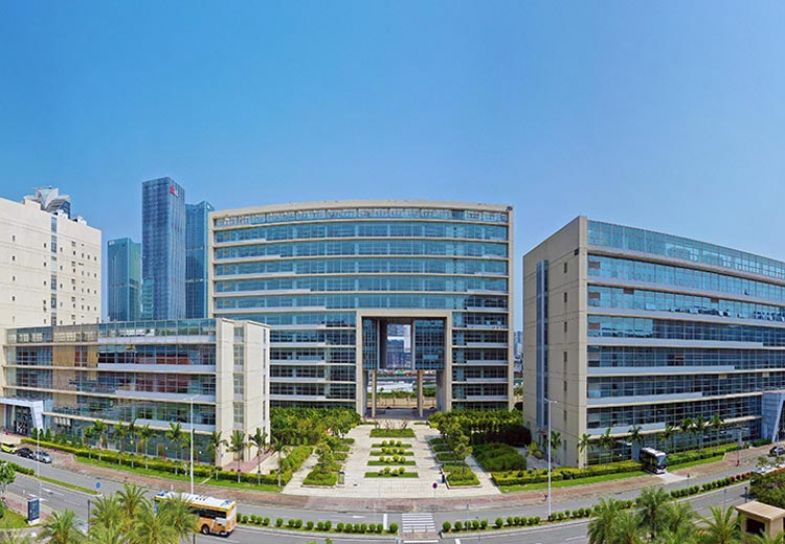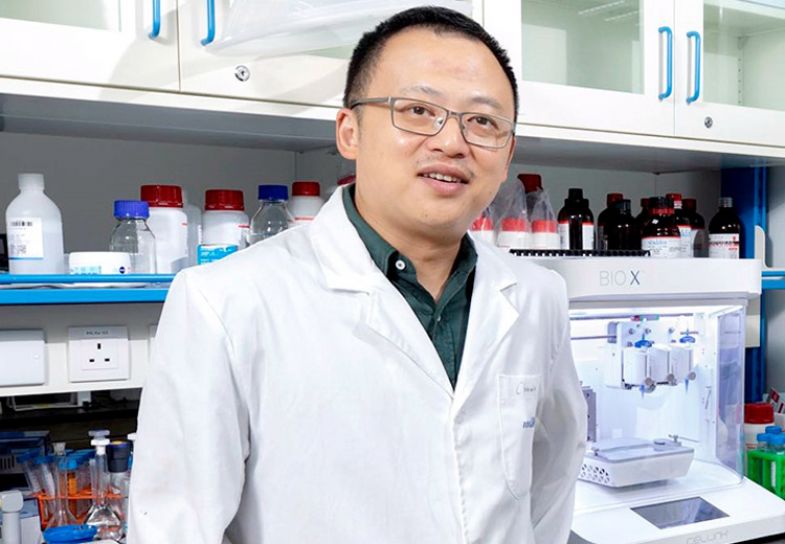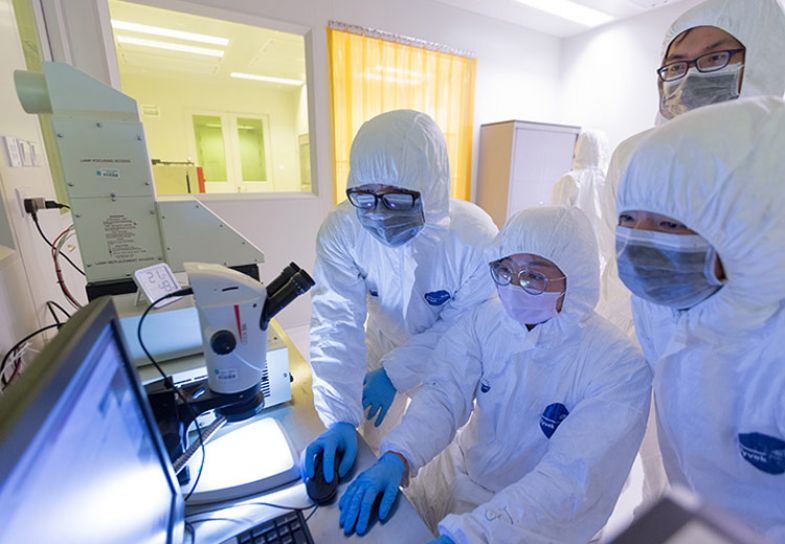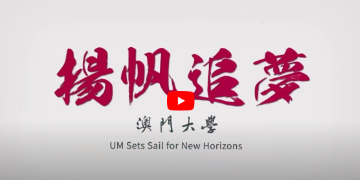
A pioneering research layout and wide-ranging collaboration elevate the University of Macau’s standing in global higher education
With an innovative research strategy and ecosystem, the University of Macau’s research output is going from strength to strength. The university now ranks among the top one per cent for citation frequency of published papers in 12 research fields, according to the Essential Science Indicators database.
“We have established a vibrant research environment that is supportive and collaborative,” explains Chun Ming Wang, director of the Research Services and Knowledge Transfer Office at the university. “Everybody can identify opportunities and resources to do research in their passion.”

Chun Ming Wang, director of the Research Services and Knowledge Transfer Office at the University of Macau
Macao’s unique position as a special administrative region of China, with a history rooted in Chinese and European traditions, means the academic community is well placed for collaboration. “We are really proud to have established collaborations with over 300 institutions in more than 30 countries. Our researchers are privileged to be able to apply for grants and other support in both Macau and mainland China,” says Wang.
Central to the university’s research environment is its 3+3+3+3 strategic research layout. The layout consists of four key components, each featuring a triad of units. The first part of these are the three State Key Laboratories at the university, including the State Key Laboratory of Quality Research in Chinese Medicine, the State Key Laboratory of Analog and Mixed-Signal VLSI and the State Key Laboratory of Internet of Things for Smart City.
Additionally, the university focuses on three emerging research areas and three interdisciplinary research fields. The former includes precision medicine advanced materials, and regional oceans, and the latter consists of artificial intelligence and robotics, data science, and cognitive and brain sciences. The final component of the strategic research layout is three research platforms for humanities and social sciences, including the Institute of Advanced Studies in Humanities and Social Sciences, the Centre for Macau Studies, and the Asia-Pacific Academy of Economics and Management.
“We looked at the landscape of research at the university,” says Wang, explaining how the 3+3+3+3 model came into being. “We follow the principle of identifying our strengths to create opportunities and allocate resources. Particularly, we analyse how these disciplines fit the strategic demand at the national and regional levels.”

Interdisciplinary research is a key tenet of the university’s research environment as it not only leads to exciting new discoveries but also enables different departments to share resources and funding. The university ensures that all departments have the specific resources they need. “A professor in law and a professor in pharmaceutical research will need a totally different set of resources. So, we listen to the representatives from different faculties at our research committee meetings and then we offer different resources to support them,” says Wang.
Wang points to the State Key Laboratory of Quality Research in Chinese Medicine at the university as a success story of its research ecosystem, leading to important discoveries in the medical field. “In addition to publishing top papers in top journals, we are really proud that we are committed to gaining scientific evidence for traditional therapeutics and establishing international standards for Chinese medicinal herbs,” he says.
Wang emphasises the university’s firm support for pursuing academic excellence through collaboration with the global scientific community: “We will continue playing a substantial role in local academic and economic development, and we want to establish more international collaborations in more fields.”
Find out more about the University of Macau.





